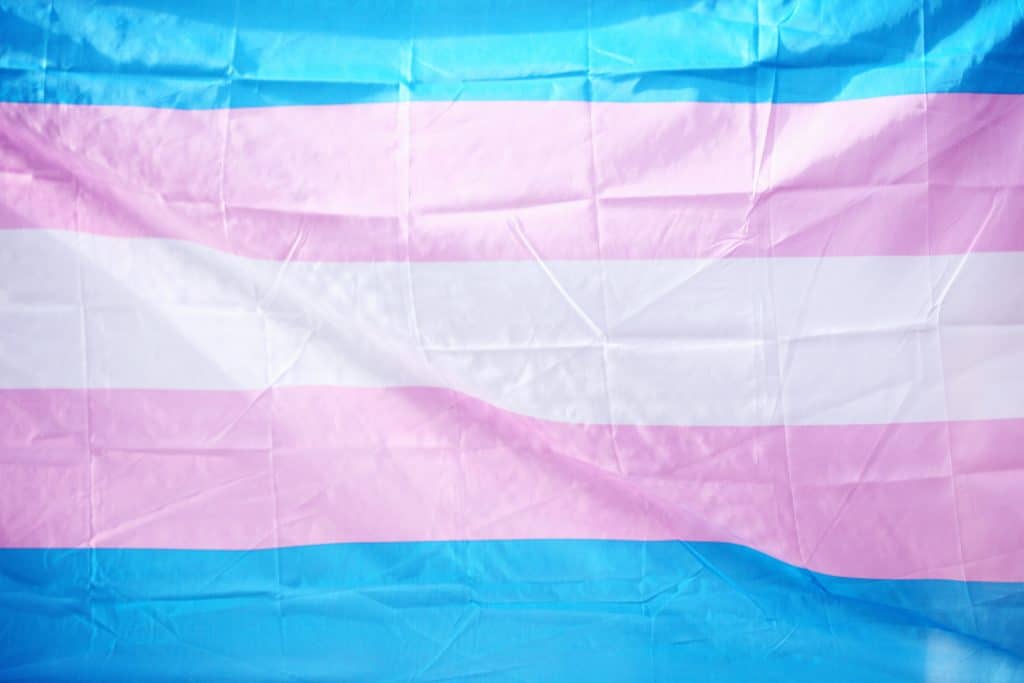The U.S. Department of Housing and Urban Development (HUD) recently issued a proposal to change the Equal Access Rule in ways that could encourage discrimination against individuals who are transgender and/or nonbinary.
The original rule, enacted in 2012, ensures that HUD-funded shelters and programs are open to all individuals and families regardless of sexual orientation, gender identity or marital status. In 2016, HUD amended the rule to specify that individuals must be accommodated in accordance with their gender identity. The 2016 provisions also outlawed invasive questions and requirements to provide anatomical information or evidence of gender identity.
However, HUD’s newly issued proposed rule would remove the 2016 provisions, thus enabling discrimination based on gender identity. If the rule is finalized, people who seek help at shelters and are suspected of being transgender could legally be asked offensive and invasive questions about their bodies. Intake staff could then choose to turn an individual away based on their gender or even a worker’s perception of their gender.
Studies demonstrate that a significant proportion of transgender individuals already face discrimination from shelters. The proposed rule would not only exacerbate these housing inequalities, but it would also contribute to the significant discrimination that trans individuals face in other aspects of life. A 2016 survey found that 30% of transgender and gender non-conforming people experienced homelessness at some point in their lives; this rate was even higher for transgender women of color. Transgender people face extremely high levels of physical and sexual violence both in public and private settings. Over 25% of trans people have experienced a bias-driven assault, with trans women and trans people of color assaulted more frequently.
The proposed rule would require shelters that turn away transgender individuals to refer them to alternate facilities, but this is not always an available solution. In a community with limited shelter options or shelters that deny entry to transgender individuals, trans and non-binary people could be left with nowhere to go within that community. And traveling will not be an option for most people in need of a homeless shelter.
There are already many barriers to shelters that cause people to remain in dangerous or abusive situations. The proposed rule will only worsen the problem by legalizing discrimination at HUD-funded shelters.
With this rule change, HUD will reverse the country’s progress towards housing equality. The proposal would put already marginalized and vulnerable populations at even greater risk of homelessness and abuse. During a global pandemic, when the best tool for avoiding illness is to stay at home, it is unthinkable that the federal government would make it more difficult for people to find safe and secure shelter.
Marjanna Smith is an NCRC special initiatives intern.
Photo by Sharon McCutcheon on Unsplash



